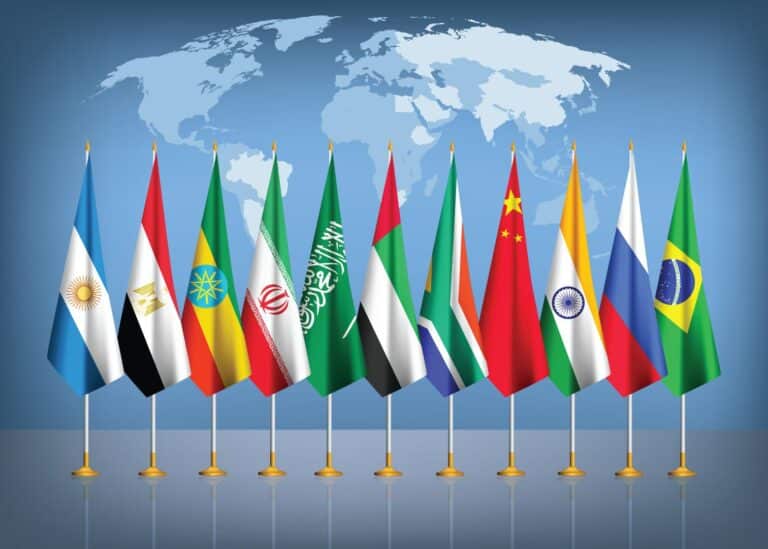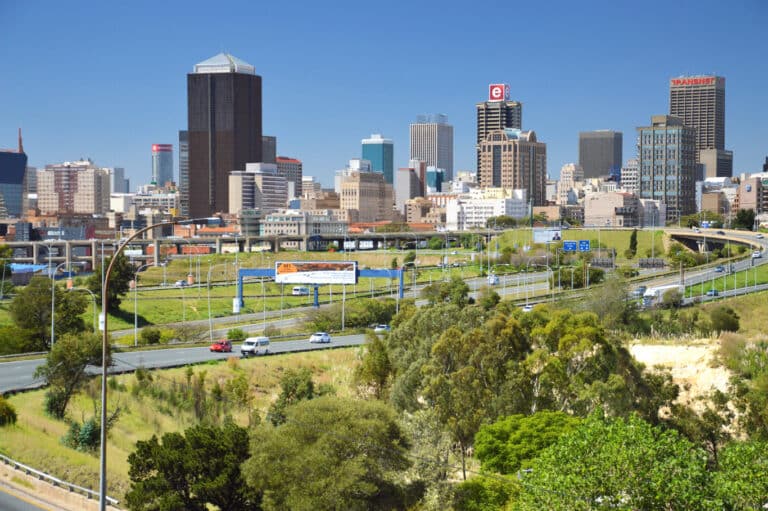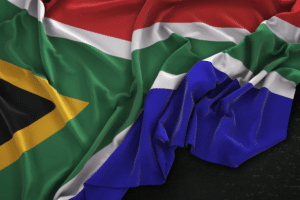Reimagining Alliances: The Implications of the BRICS Summit for South Africa
What will BRICS mean for South Africa?
The recent BRICS Summit held in Kazan, Russia, has generated significant attention, particularly regarding its implications for South Africa and its citizens.
As President Cyril Ramaphosa engaged with world leaders, the summit was hailed as a “great success” by Russian President Vladimir Putin, highlighting a growing alliance that seeks to challenge Western dominance and reshape global financial structures.

A New Era of Partnerships
At this year’s summit, BRICS extended invitations to 13 new countries to join as “partners,” a move that aims to broaden its influence while maintaining the integrity of its original membership. This expansion includes speculation about countries like Türkiye, Algeria, and Nigeria, which could enhance the group’s economic clout. However, these new partners will not enjoy the same status as full members, meaning their influence in decision-making processes will be limited.
This strategic move signals a desire for a multipolar world, as articulated in the Kazan Declaration, which reaffirmed commitments to oppose unlawful sanctions and enhance cooperation among member states. For South Africa, this development could potentially increase trade opportunities, but it also raises questions about the sustainability and practicality of these new alliances.

The Financial Landscape: De-Dollarisation Dreams
One of the key topics of discussion was the push for financial independence from the US dollar, often described as a “weapon” by Putin. Despite this rhetoric, the summit produced no concrete plans for a new financial framework. Instead, discussions were deferred to finance ministers for further exploration of a proposed independent payment system called “BRICS Clear.” This illustrates the complexities and challenges of moving away from a currency that has dominated the global financial landscape since World War II.
Experts suggest that the alternatives to the dollar—whether through local currencies or digital options—face significant hurdles, particularly regarding liquidity and volatility. While countries like China are keen to promote the yuan, the reality remains that the dollar’s established infrastructure is likely to retain its dominance for the foreseeable future.
For the everyday South African, these financial discussions may seem distant, yet they may hold implications for future economic stability and growth. Exactly what they are, is not possible to predict at this stage and we will have to wait for the unfolding of events to get a clearer picture.

Domestic Political Ramifications
Ramaphosa’s participation in the summit has not been without controversy. His warm reception of Putin has drawn criticism from opposition parties, raising concerns about South Africa’s diplomatic relationships, particularly with Western nations. The Democratic Alliance (DA) has voiced apprehensions about aligning too closely with Russia, especially given its current geopolitical actions in Ukraine.
The government’s response has emphasised the importance of pursuing an independent foreign policy. Ramaphosa’s administration insists that it will not be “micromanaged” by opposition views, but the tension highlights the delicate balance South Africa must maintain in its international relations. The decision to strengthen ties with BRICS could reflect a broader strategy to enhance South Africa’s position on the global stage, but it also risks alienating traditional partners.
The Bigger Picture
As South Africa navigates its role within BRICS, the question remains: what tangible benefits will this partnership bring to the average citizen?
The promise of increased investment and trade is enticing, but scepticism persists regarding the actual implementation of these plans. For many South Africans, the focus should be on sustainable development, job creation, and addressing domestic challenges, rather than geopolitical manoeuvring.
In a time when the country faces economic hardships and social disparities, the real test will be whether these international alliances translate into meaningful improvements in the lives of ordinary citizens. The BRICS Summit has opened doors to new possibilities, but it is essential for South Africa to ensure that these opportunities lead to concrete benefits at home.
In conclusion, as the global landscape continues to shift, South Africa faces both opportunities and challenges that extend beyond its involvement with BRICS. While the summit highlights the country’s engagement in international forums, its future will ultimately depend on a broader strategy that prioritises economic development, social cohesion, and responsible governance. Balancing these elements will be crucial for navigating the complexities of the global economy and ensuring a prosperous future for all South Africans.
The BRICS Summit has opened doors to new possibilities, but it is essential for South Africa to ensure that these opportunities lead to concrete benefits at home.
Related Posts

The Growing Trend of Returning Expats: Navigating the Tax Implications of Coming Home to South Africa
As South Africa grapples with ongoing brain drain and skill shortages in crucial sectors like healthcare and technology, an intriguing counter-trend is emerging: a number of expatriates are beginning to return home.

Transferring an Inheritance from SA to Beneficiaries Abroad
Inheriting assets from a loved one can be both a blessing and a challenge, especially when the beneficiaries are living abroad. If you find yourself in a situation where you need to transfer an inheritance from South Africa to beneficiaries overseas, it is essential to navigate the complex legal and financial aspects involved.

Non-Resident Investment in South Africa: Exchange Control, Tax implications, and Appropriate Treatment
South Africa, with its diverse economy and investment opportunities, often attracts non-residents (foreign nationals) looking to invest in the country.
